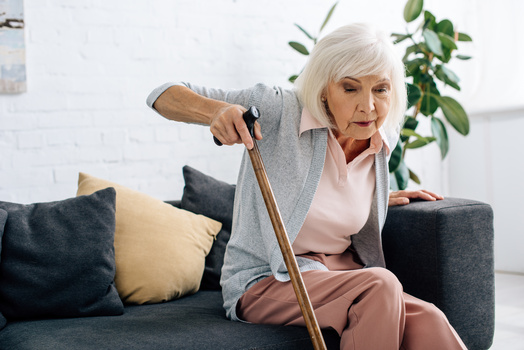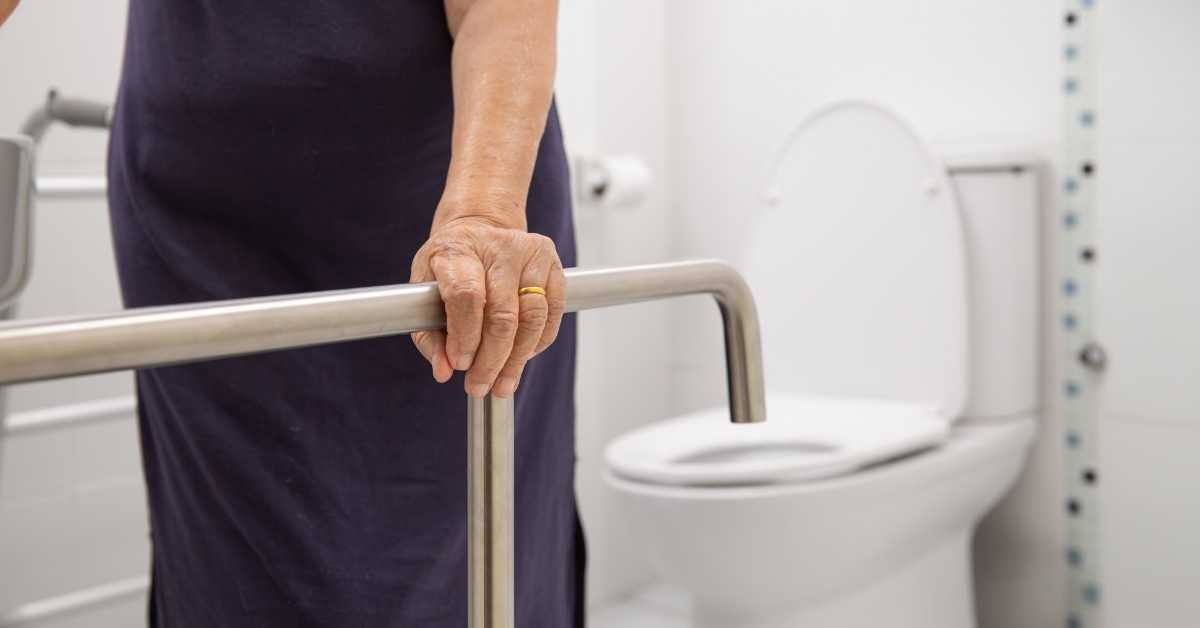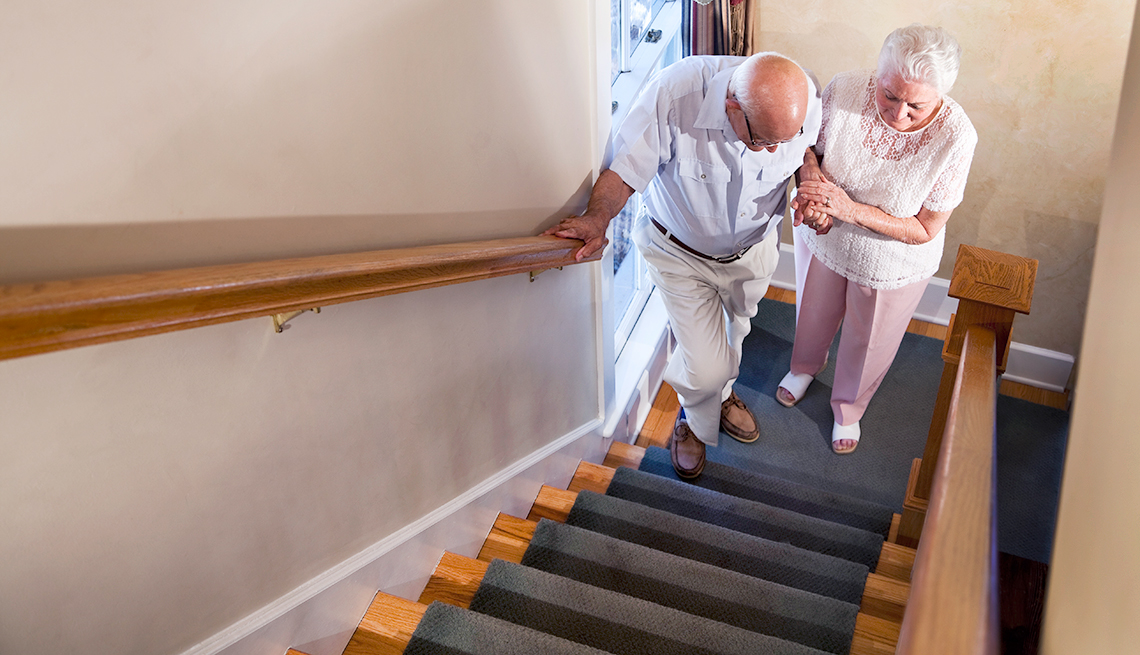As family caregivers, ensuring the safety and well-being of our elderly loved ones is paramount. Among the numerous tools available, the best medical alert systems for elderly can provide invaluable peace of mind. These systems offer a lifeline to emergency assistance, allowing seniors to maintain independence while ensuring help is just a button press away.

Understanding Medical Alert Systems
Medical alert systems are wearable devices designed to signal an emergency. They often come with a button that, when pressed, connects the user to a monitoring center. This connection allows the elderly to summon help quickly, which is crucial in situations like falls or sudden health episodes.
Why Choose a Medical Alert System?
Choosing the best medical alert systems for elderly is essential because they provide quick access to emergency services, thereby reducing the risk of long-term injuries. Moreover, they can enhance the quality of life for both the elderly and their caregivers by offering reassurance and a sense of security.
Features to Consider
When selecting a medical alert system, consider features such as ease of use, range of coverage, battery life, and additional functionalities like GPS tracking or fall detection. These features can vary significantly between systems, making it vital to choose one that best fits the needs of the user.
Ease of Use
The system should be simple enough for anyone to operate, as the primary users are often seniors who might not be comfortable with complex technology. Look for systems with straightforward designs and intuitive interfaces.
Range of Coverage
The range of coverage is particularly important for seniors who are still mobile. Ensure the system covers all areas of the home and extends outside if the user enjoys outdoor activities.
Types of Medical Alert Systems
Medical alert systems come in various forms, including home-based units connected to landlines and mobile systems that use cellular networks. Each type offers unique benefits and is suitable for different lifestyles and needs.
Home-Based Systems
These systems are ideal for seniors who spend most of their time at home. They typically include a base station and a wearable pendant or wristband.
Mobile Systems
For active seniors, mobile systems offer flexibility by providing coverage wherever there is a cellular signal. Many mobile systems also include GPS tracking, which can be particularly useful for seniors who are prone to wandering.
Top Medical Alert Systems
Several companies offer reliable medical alert systems. Some of the top choices include Life Alert, Medical Guardian, and Bay Alarm Medical. Each of these has its strengths, and the best choice depends on the specific needs and preferences of the user.
Life Alert
Known for its long-standing reputation, Life Alert offers robust systems with 24/7 monitoring. Its services are particularly beneficial for seniors who live alone.
Medical Guardian
Medical Guardian is praised for its advanced features and customizable options. It provides both home-based and mobile solutions, making it a versatile choice.
Bay Alarm Medical
Bay Alarm Medical is another excellent option, known for its affordable pricing and reliable service. It also offers a wide range of devices to suit different needs.
Cost Considerations
The cost of medical alert systems can vary widely, with factors like setup fees, monthly charges, and the cost of additional features influencing the overall price. It’s important to consider these costs relative to the benefits provided.
Monthly Fees
Most systems charge a monthly fee, which covers the cost of monitoring services. It’s important to understand what is included in this fee and whether there are any additional charges.
Setup and Equipment Fees
Some companies charge a one-time setup fee or require the purchase of equipment. Make sure to inquire about these costs upfront to avoid surprises.
Integrating Medical Alert Systems into Daily Life
For home safety, medical alert systems can be seamlessly integrated into daily routines. They can be worn as pendants or wristbands, making them easy to use and unobtrusive.
Encouraging Use
It’s crucial to encourage seniors to wear their devices consistently. Explain the benefits and provide reassurance that the system is for their safety and independence.
Regular Testing
Regularly test the system to ensure it functions correctly. This routine can help familiarize the user with the device, increasing their comfort and confidence.
Conclusion
The best medical alert systems for elderly provide a critical safety net, helping seniors live independently while offering peace of mind to their caregivers. By choosing a system that fits the lifestyle and needs of your loved one, you can ensure they receive timely help in emergencies.

FAQs about Medical Alert Systems
What is the average cost of a medical alert system?
The average cost ranges from $20 to $60 per month, depending on the features and services included.
Do medical alert systems require a landline?
No, many modern systems use cellular networks, eliminating the need for a landline.
Can medical alert systems detect falls?
Yes, many systems offer fall detection as an optional feature, providing automatic alerts if a fall is detected.
For more information on aging at home, visit Aging in Place or explore fall prevention exercises to enhance safety.
This article contains affiliate links. We may earn a commission at no extra cost to you.






